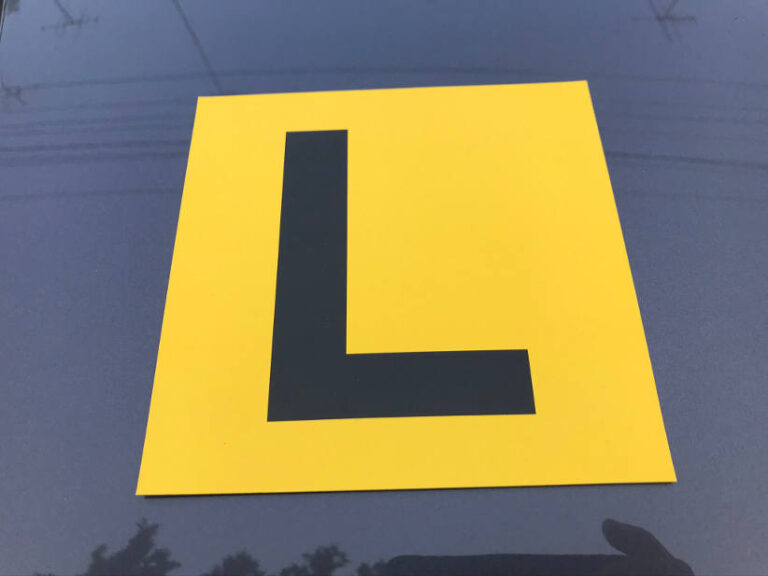– By Paul Oliver –
Like many of us in the fleet industry, I have been to a few drive days and defensive driving courses in my time. I even proudly display a photo on my office wall with the legendary Peter Brock at a Holden drive day in Adelaide many years ago. Gone are the days!
I always felt I learned a lot from the training days and made sure to ‘shell out the coin’ to send my sons on courses when they were on their P plates.
Yet there have been critics of ‘racetrack based’ driver training courses with some scepticism from fleet managers about whether the attendees are learning the right behaviours.
With the onset of COVID and people across the country in various stages of lockdown, I was wondering what has happened in the driver training industry and subsequently arranged to meet with Stewart Nicholls from STC Education.
Stewart told me defensive driving training programs are still being conducted, teaching drivers the ‘hands on’ practical skills and techniques that help keep them safe while driving – putting into practice the theory and principles of safe driving that so many drivers either do not know or forget after years behind the wheel.
There is an increase in focus on driver behaviours, what limits driver effectiveness, tactics to drive more efficiently, and to both understand and meet your risk obligations as a driver.
However, it was the uptake in online training workshops that I was surprised to hear about. Unlike the online training modules offered by some driver training packages, the online courses run by STC Education involve an instructor such as Nicholls running driver training workshops for up to 25 staff.
The workshops cover a range of topics including safe driving strategies, identifying risk and minimising harm strategies, self-responsibility practices for their safety and others.
Importantly, these sessions can be tailored to meet the specific needs of an organisation and contribute to WHS compliance, reinforcing their safe driving policy.
“COVID-19 forced us to look for new ways to satisfy our clients’ need for quality driver education and training. Training via Zoom allows us to connect with participants in their home, office or training room anywhere in Australia or New Zealand. This keeps the training delivery consistent and reduces the cost (compared to face to face training), removing the need to travel, pay for training rooms, catering etc.”
“Attendees can interact with us as the trainer like they would in any other training workshop. A presentation is given, some videos used and there tends to be plenty of questions and interaction amongst the group throughout the session. This has truly allowed us to reach more people for less and still provide amazing engagement, with effective outcomes,”says Nicholls.
The focus of these online workshops and those conducted in a classroom environment is on crash prevention strategies rather than crash avoidance, although some key avoidance strategies are still relevant and are discussed.
With Chain of Responsibility ‘top of mind’ for many these days and Police targeting transport activities, there is also Load Restraint Training. Drawing on national standards, the training ensures staff understand load restraint requirements. Attendees learn about tie down methods, load balancing, load fail types, friction surfaces, restraints, risk factors, best practice load security and injury prevention. This is a competency that is often never formally trained or is simply overlooked.
4WD Competency Training is also available – teaching drivers who need to get off the tarmac all about entry, side and departure angles, safe traverse management, surface types, vehicle capability, hill start/hold.
There is even Safety Awareness Training for Plant and Equipment users which applies WHS principles to plant and equipment use which can pose their own set of safety risks.
Finally, Anti-Violence Training that teaches conflict resolution strategies to drivers that may encounter incidents of aggression. Verbal skills training is combined with hands on self-defence tactics to help build confidence, reduce stress and empower practical solutions.
Compliance and risk management have become a bigger part of our daily lives and there is the ever-present liability on both organisations and individuals to provide a safe working environment.
It seems that the driver training industry has come a long way in meeting these needs and with the benefit of modern technology is delivering the service more cost effectively than ever before.
Paul Oliver is the Principal Consultant of Fleet Advisory and a Partner and Expert for CONNECT.
Paul provides independent expert advice and consulting services relating to fleet and mobility solutions – see www.fleetadvisory.com.au






